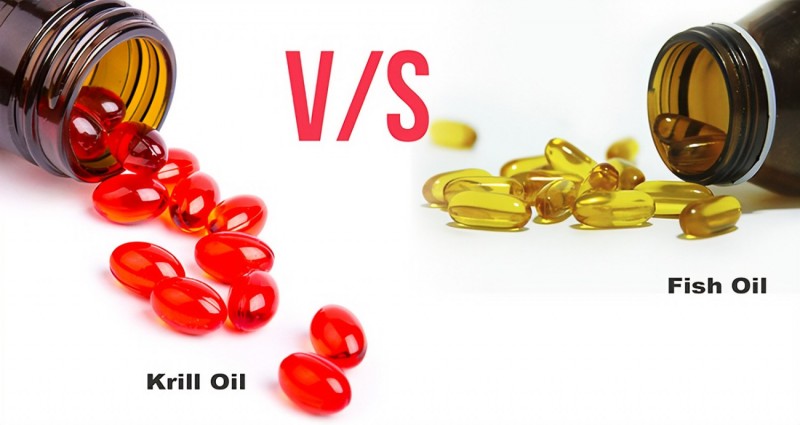
When it comes to choosing between fish oil and krill oil, many people are often left wondering which one is the better option for their health. Nutritionists have been analyzing these two popular supplements, and we're here to provide you with a comprehensive comparison to help you make an informed decision.
Before diving into the debate, let's understand the primary component of both fish and krill oil - omega-3 fatty acids.
Omega-3 fatty acids are essential for overall health and well-being. They are categorized into three main types: EPA (eicosapentaenoic acid), DHA (docosahexaenoic acid), and ALA (alpha-linolenic acid).
EPA and DHA are the active forms of omega-3s that offer various health benefits, including cardiovascular support, brain function enhancement, and reducing inflammation.
Now, let's explore the advantages and disadvantages of using fish oil as a source of omega-3 fatty acids.
Fish oil has been a popular choice for years due to several reasons:
However, there are some downsides to consider:
Now, let's turn our attention to krill oil and see what it brings to the table.
Krill oil has gained popularity for several reasons:
However, there are some potential drawbacks:
The decision between fish oil and krill oil ultimately depends on your personal preferences and health goals. Consult a healthcare professional or nutritionist to determine the best option for your specific needs. In the fish oil vs. krill oil debate, both supplements have their merits and drawbacks. The choice comes down to individual preferences, tolerances, and health objectives. Always consult with a healthcare provider before adding any new supplement to your daily routine.
Affordable High-Speed Internet: Jio's Competitive Pricing